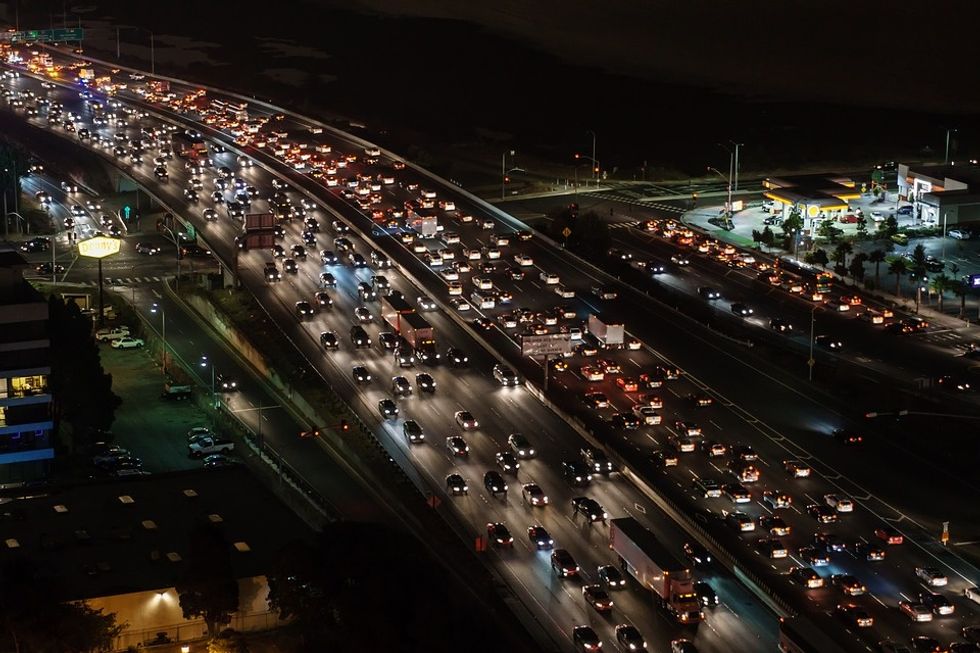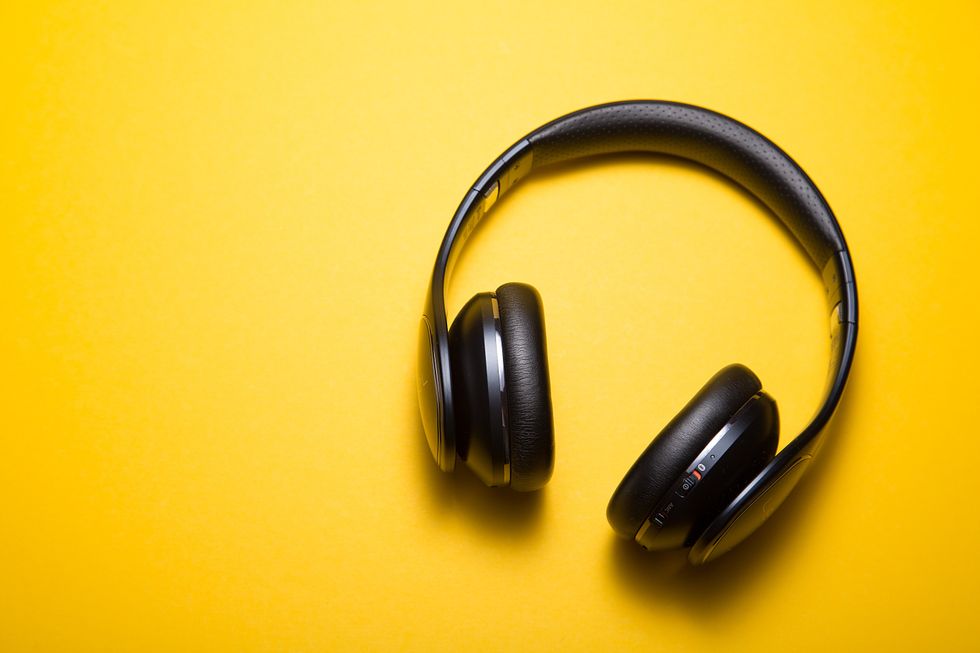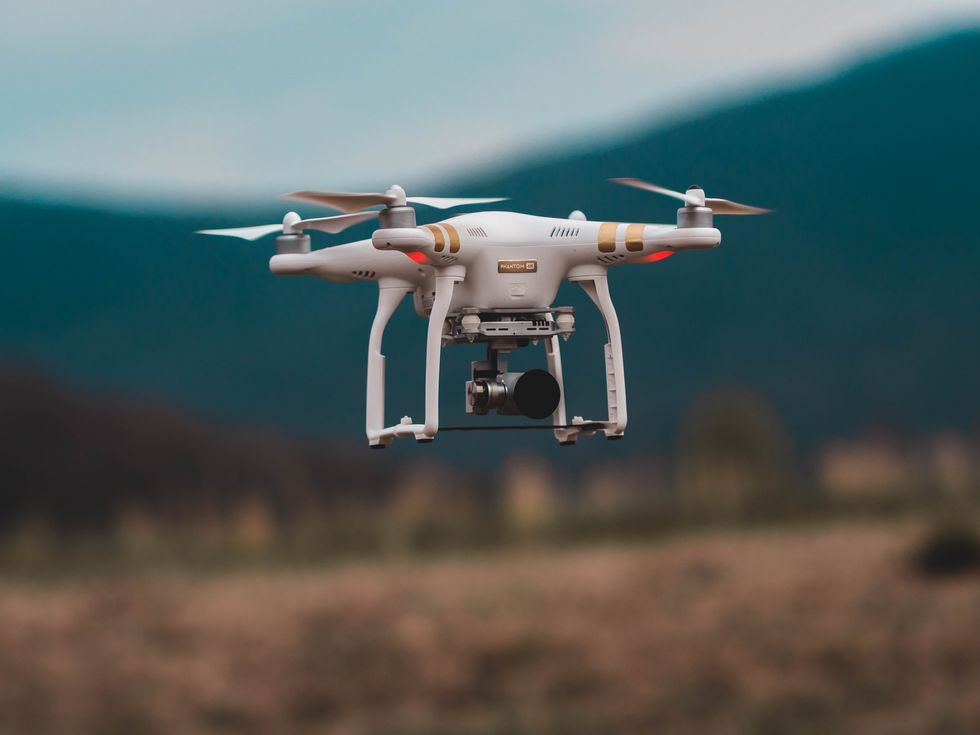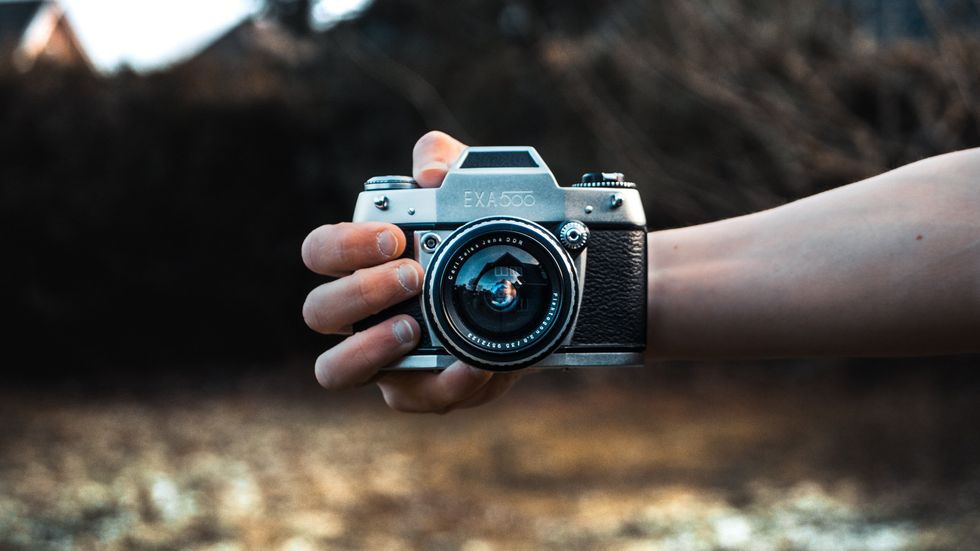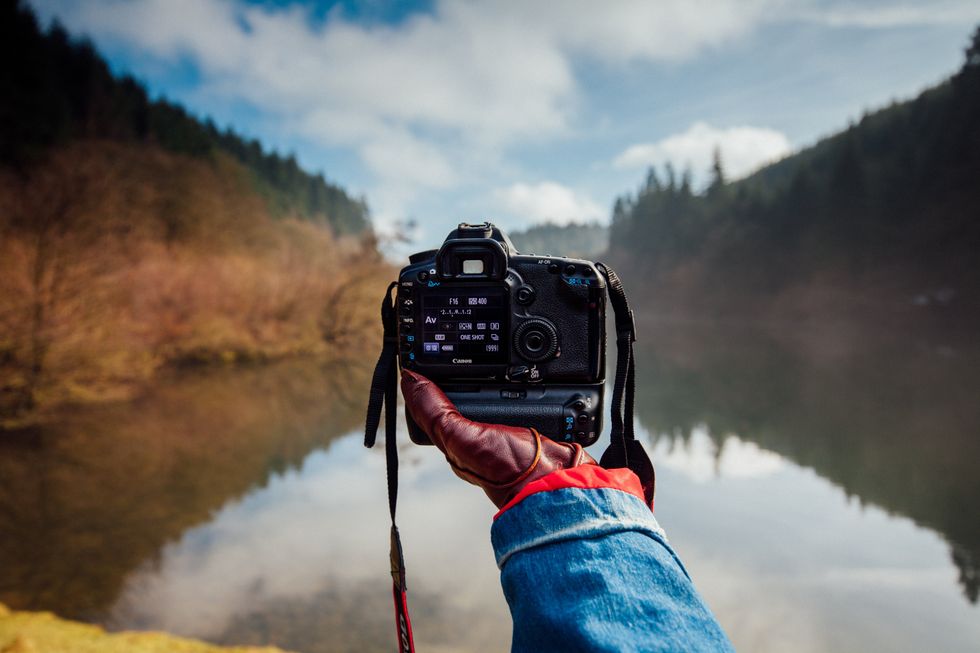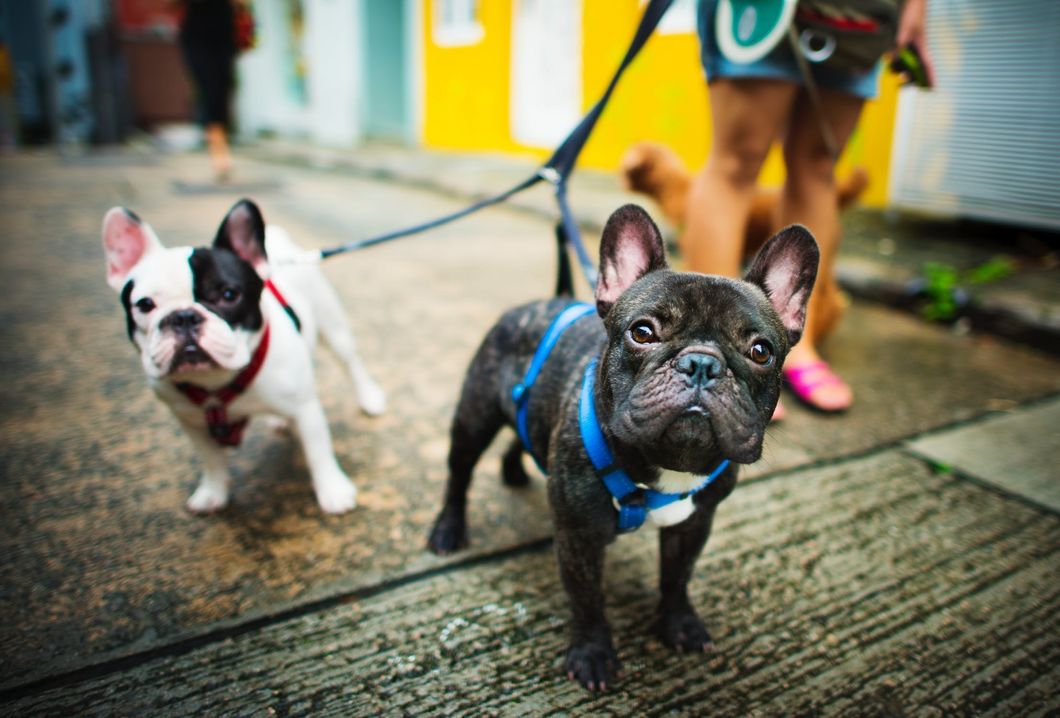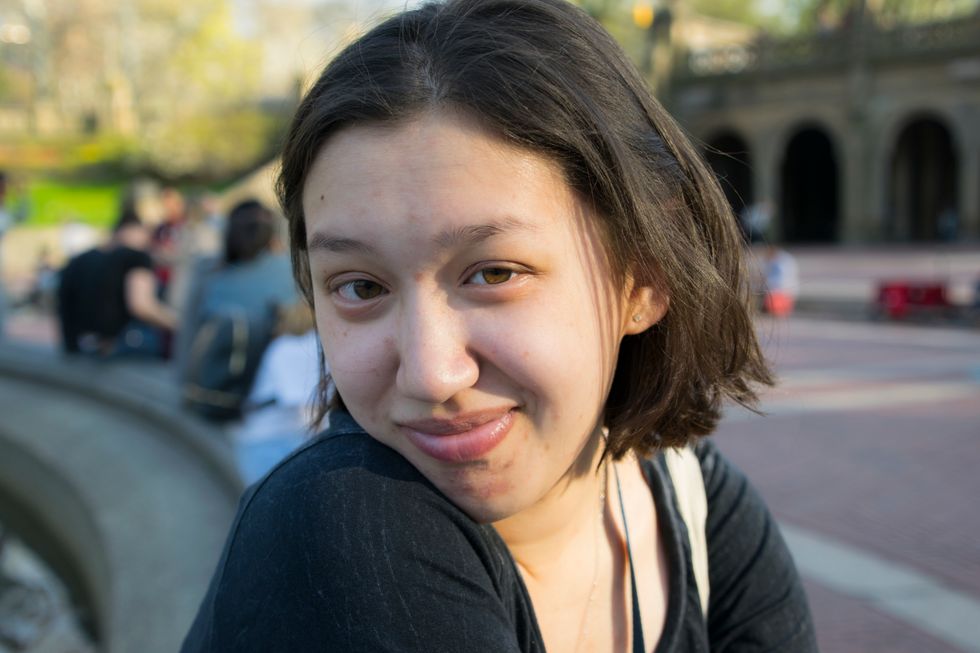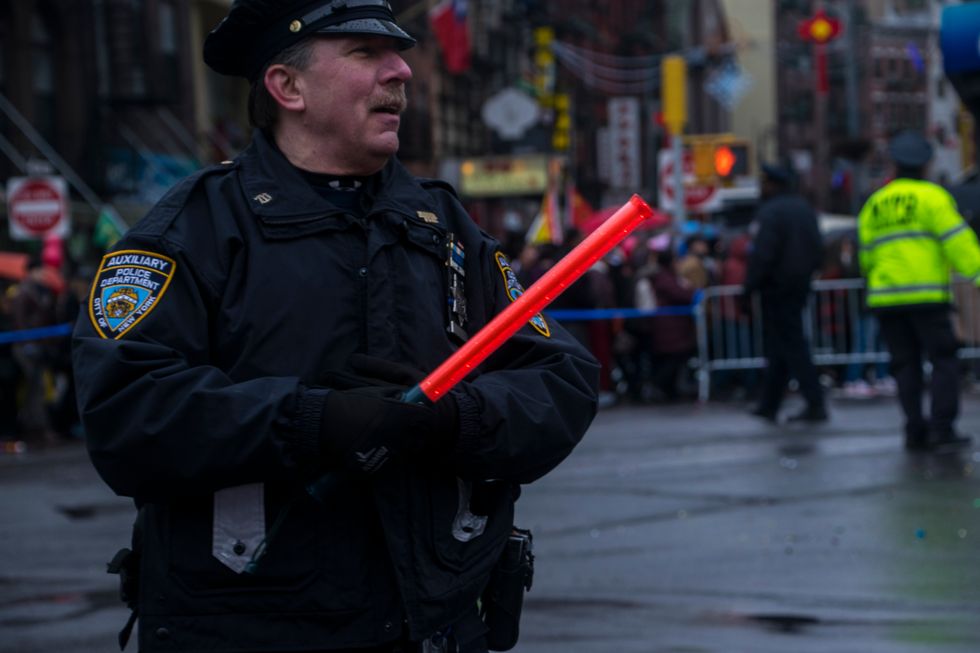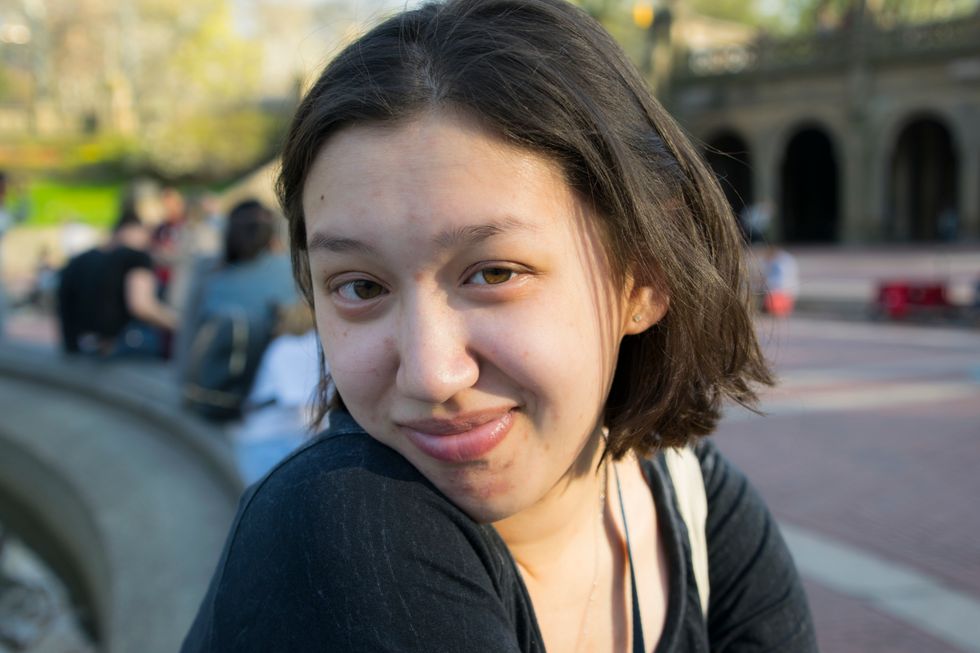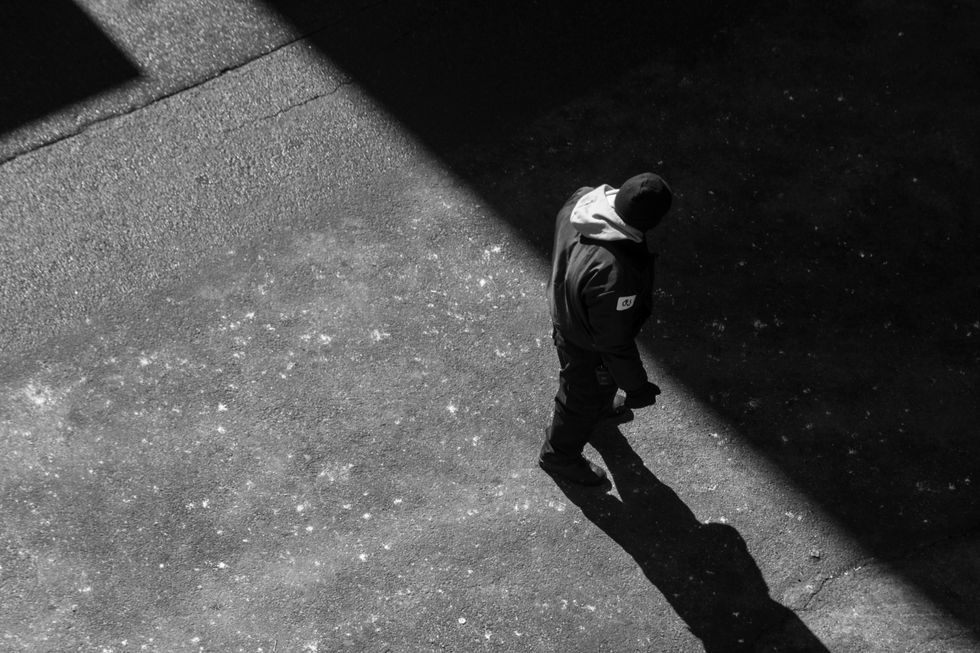The Accordion Effect
A Commuters Incomplete Guide to Surviving Traffic
Here is how you survive traffic:
Work From Home

Work from home
GiphyWorking from home is the best way to avoid commuting during peak hours. If you work at a company that is flexible and offers the option of telecommuting, sometimes taking advantage of it can save you a considerable amount of stress, fuel, and wear and tear on your poor brakes. Some employers may not offer for you to work from home every day or you may have meetings that you need to attend. In this case, if your employer is flexible on the time you arrive, consider working from home during peak hours, then driving in slightly later than usual. Coming in 30 minutes later, relatively stress-free, sets the tone for the day and you can take care of all of your meetings in person!
Be Patient
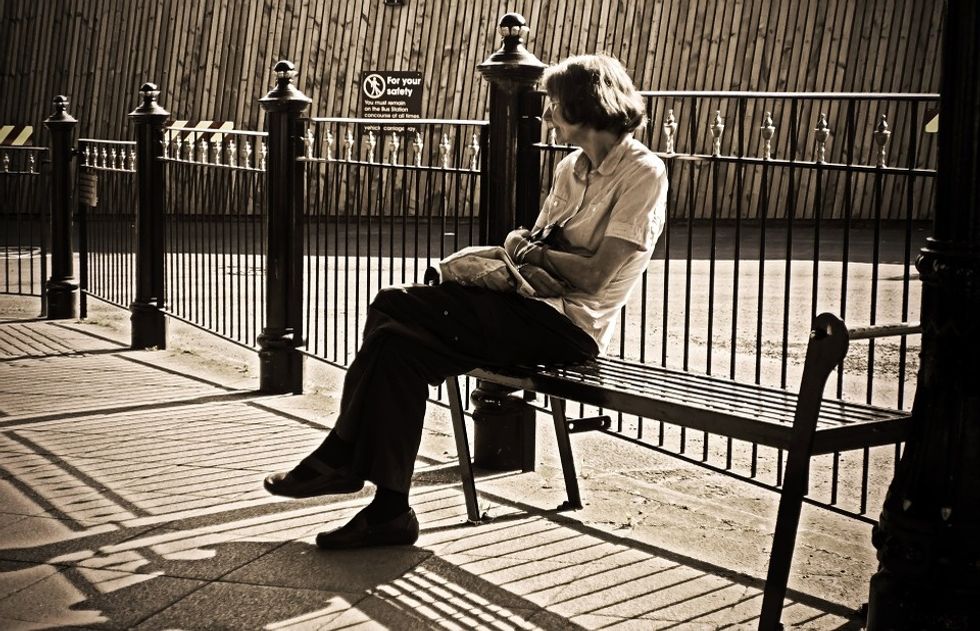
Be patient
When in traffic, time seems to slow to a crawl - much like the speed of your vehicle. Waiting in traffic is the last thing you want to do when driving to work or going home after a long day. Each day I watch other commuters in traffic and can't help but shake my head. I used to be one of these drivers. Before I adopted my new driving behaviors, I would be that guy. I was "That Guy" who would brake very late and get unreasonably close to people who were going "too slow" in the passing lane. I would be in my truck with my lights on, shining directly into every rear-facing mirror they had and wait for them to move over. I want to extend an apology to those commuters that were subjected to this every single day for many years. I would count to three, and if I could, I would pass them on the right and go on my way. I aggressively weaved my 19' truck through traffic, and then I realized something. All of this aggressive driving was causing me to be more frustrated. I found my mood getting worse, and worse, and worse. Speeding up to cars, braking hard, speeding up, braking hard, and on and on got old, and fast. If you can relate to this paragraph at all, I have a suggestion. Sit back and try to relax! No matter how much commotion you cause on the highway, you will get to your destination eventually. Your rushing does nothing but make you more frustrated and put other people's safety at risk.
Make Your Time Productive
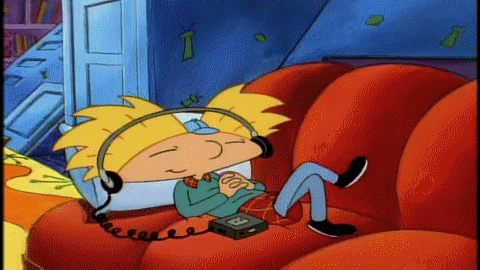
Productive
So you're in traffic and you are getting frustrated because you don't have enough hours in the day to make sure that you take care of all of your responsibilities, take care of yourself, and you're sitting there doing nothing but stewing in the bubbling frustration of stop-and-go. When I was working in telecommunications, I would have to drive relatively far distances to get to sites. Sometimes 20 minutes, some times 10 hours one way. I learned that after doing this for a while, that I felt as though I was wasting my time driving. I needed to do something to keep me occupied, but not distracted. This is when I fell in love with audio-books. I originally scoffed at the idea because up until this particular time, my limiting belief was that I couldn't learn as well by listening. I always classified myself as a "kinetic learner" or one who learns by doing. Though this was and still is accurate, with practice I became skilled at listening comprehension. Audio-books became my best friend. I went on a downloading spree and quickly built a library of 45 or so titles. Listening to audio-books helps defuse your frustration and direct the focus on the book rather than the seemingly endless slinky of walking speed traffic, and makes the commute almost seem shorter. Give it a try!
Go Hands-free
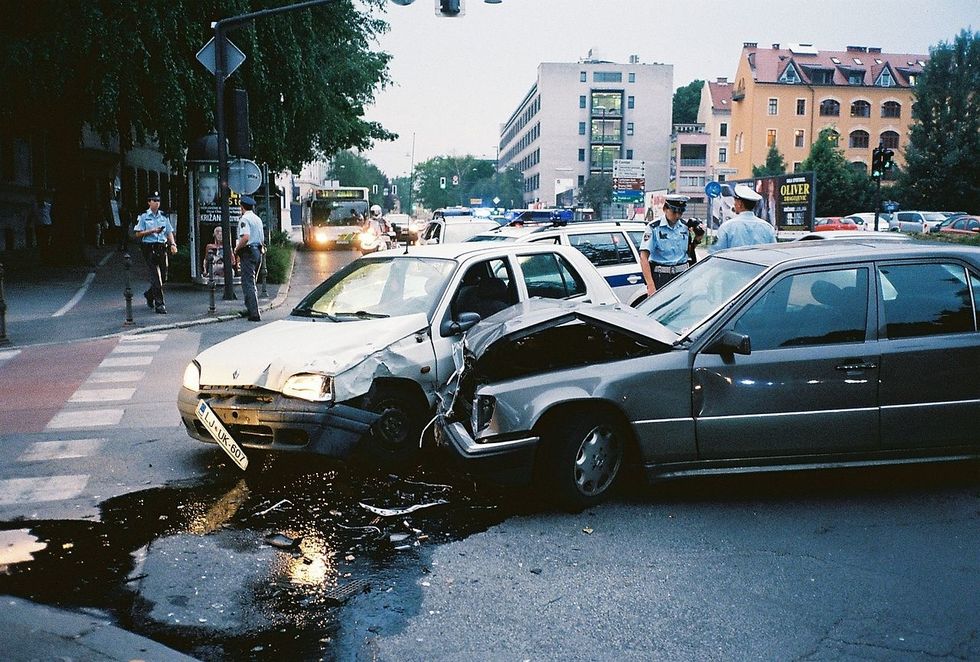
With modern technologies being integrated into our cars like AndroidAuto, Apple CarPlay, and other phone emulating platforms, going hands-free is getting easier and more accessible. Though it is getting easier, there are still drivers who can't put their phone down, and it is pretty terrifying to be on the road with some of them. According to the US Department of Safety Traffic Safety Facts, in the year 2017, 37,133 people were killed in traffic accidents, 3,166 of those fatalities were caused by distracted driving. If you can't put your phone down to keep you safe, then please for the sake of other people, put it away. Set your music, podcast, or audiobook before you take off and let it be. The text, Facebook notification, or email can change your life and someone else's in an instant. I don't know about you, but I truly would not want to live with the guilt of taking someone's life due to my own negligence.
Use Science
 Giphy
GiphyI know, in traffic leaving a gap is one of the worst things imaginable. It leaves you vulnerable to being cut off; it allows other pesky drivers to merge, and doesn't give you the gratification of blocking the driver that you have been mentally racing for the last 6 miles. Though that little victory feels good, leaving a gap and forfeiting the win feels much better. Now, bear with me as we dip our toes into some science. It shouldn't be too painful. I recently researched constructive and destructive interference. According to the Swinburne University of Technology, destructive interference is " when the maxima of two waves are 180 degrees out of phase: a positive displacement of one wave is canceled exactly by a negative displacement of the other wave. The amplitude of the resulting wave is zero." Constructive interference is "when the maxima of two waves add together (the two waves are in phase) so that the amplitude of the resulting wave is equal to the sum of the individual amplitudes. Equivalently, the minima of the waves would be aligned."
You might be thinking, "How does this apply to traffic?" I'll tell you!
If you imagine the accordion-like flow of traffic as a frequency, it may help. As you are going through traffic, there are spots where you are moving and places where you are at a standstill. Imagine the frequency being the speed that you are traveling, the highest amplitude is when you're driving, and the lowest amplitude when traffic is stopped. If you apply the ideas of constructive and destructive interference, something cool happens. When you and your car are the destructive interference, you move for longer and more steady because every time the traffic stops, you are far enough away and moving slow enough, that by the time you reach the slowed traffic, it is already moving again!
HOW TO:
1. Leave a reasonable distance between you and the car in front of you.
2. Look as far ahead of you as possible and see how many times the traffic slows down or stops, and for how long. Do this quickly, it's not an exact science because there are too many variables to list.
3. Widen the gap between you and the car in front of you depending on how many braking events you see.
4. Try to maintain a speed that is slightly slower than those in front of you.
5. Sit back and enjoy the crawl to freedom.
On top of being less frustrating, your brakes, fuel economy, and wallet will appreciate it too!
Be Courteous
 Giphy
GiphyFinally, be courteous! I think that if we all exercised some common courtesy on the roadways, our commutes would be much less like a stampede and more like an organized flow of vehicles. I get it, you want to get home and sit on the couch and watch the next episode of your favorite show, or shower off the dirt and cobwebs, or take your boots, shoes, or pants off, and breathe that sigh of relief of being home. So does everyone else. Try to keep in mind that everyone around you is also longing for that and you being an asshole on the road is making everything worse. So here are some tips!
1. Allow people to change lanes, and don't speed up to block them out.
2. If you're coming up to an on-ramp, move over, or welcome those people to the party by leaving them a gap to merge in.
3. Use your blinker.
4. If someone is using their blinker, let them go where they want to go.
5. Don't take out your aggression and stress on strangers that just want to get home.
6. Don't give people the finger.
7. Try to understand that people are people and some are having a much worse day than you are.
8. Stay calm.

